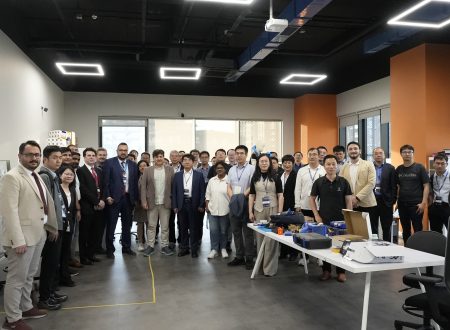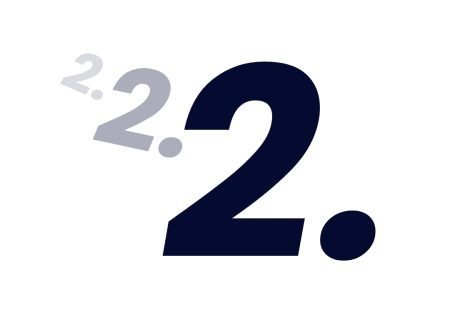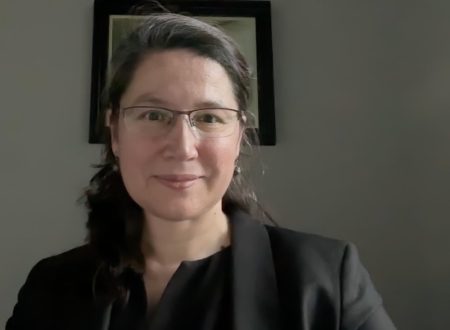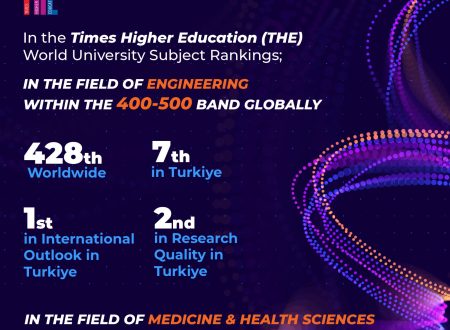University Preferences Begin: Key Warnings for Career Choices in the AI Era
The 2024 Higher Education Employment Indicators, released by the Turkish Statistical Institute (TÜİK), have shed light on the current position of university graduates in the labor market. According to the data, the registered employment rate for higher education graduates reached 75% in 2024. At the undergraduate level, medicine topped the list with a 96.4% employment rate, while police vocational training led the associate degree level with 92.3%. This clearly shows that fields such as healthcare and public safety continue to offer strong career opportunities.
Dr. Yasemin Yücel Karasu, faculty member at Istinye University’s Faculty of Economics, Administrative and Social Sciences, emphasized that candidates must now consider artificial intelligence when making career choices. She pointed out that repetitive and routine tasks will increasingly be handled by AI and autonomous systems, and also shared her insights on the future’s most in-demand professions.
YKS Results Are Out – Preferences to Be Made Between August 1–13
Following the announcement of the Higher Education Institutions Exam (YKS) results, candidates will make their university preferences from August 1 to 13, selecting programs aligned with their future career goals. As TÜİK’s new data reveals, the employment rate for higher education graduates stands at 75% in 2024, with medicine and police training leading in job placement.
Meanwhile, artificial intelligence continues to reshape the world of work and the nature of many professions. Dr. Karasu offered crucial insights for young people planning their university preferences and career paths in this new era.
“Routine Jobs Are Being Taken Over by Automation”
“Repetitive roles such as cashiering, truck driving, and accounting are being transferred to machines,” said Dr. Karasu. “In contrast, the over 96% employment rate in human-centered fields like medicine gives us a strong indication of where secure career opportunities lie in the future.”
Technology for a Sustainable Career
According to TÜİK, the average time to find a job is 14.4 months for bachelor’s degree graduates and 16 months for associate degree holders. However, this drops to just 4–5 months in fields such as medicine, special education, and pharmacy.
“These statistics clearly show that careers combining technology with human expertise offer faster employment and long-term sustainability,” Dr. Karasu noted. “Fields that blend analytical and emotional skills are emerging as key career paths.”
“Right-Brain Skills Will Come to the Fore”
“We are indeed in a period of transition,” said Dr. Karasu. “In the next five years, roles like AI trainers, data scientists, and data analysts will become increasingly popular. But since analytical tasks are becoming more automatable by AI, creativity, empathy, and adaptability—right-brain skills—will play a decisive role in future career choices.”
“AI Literacy Will Be Essential”
“All professions will increasingly incorporate data analytics and AI support,” Dr. Karasu emphasized. “In the near future, most jobs will be performed with the support of artificial intelligence. Having AI knowledge will provide a significant advantage in employment opportunities.”
“Universities Must Work Closely with Industry”
“Universities must offer flexible curricula and strong industry collaborations to equip students with practical skills,” she added. “Students’ ability to utilize technology and their entrepreneurial spirit will be the key differentiators in the workforce of the future.”







